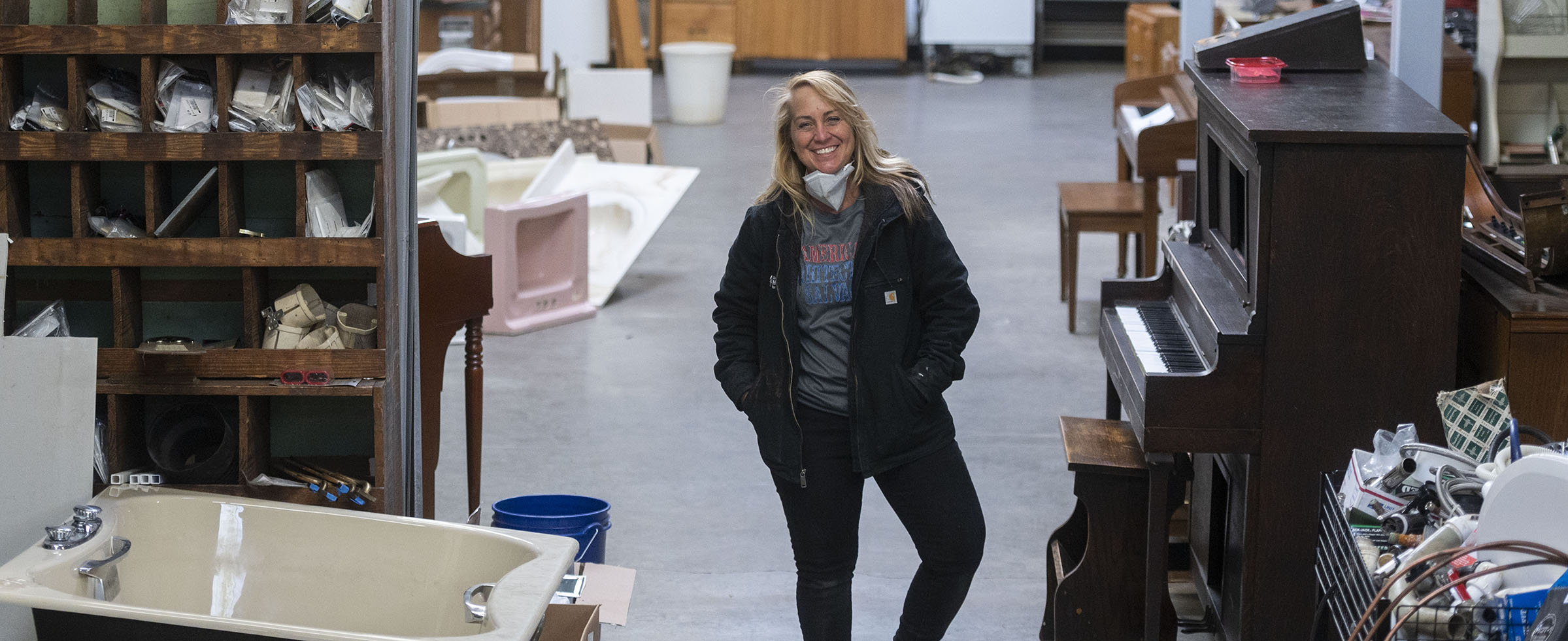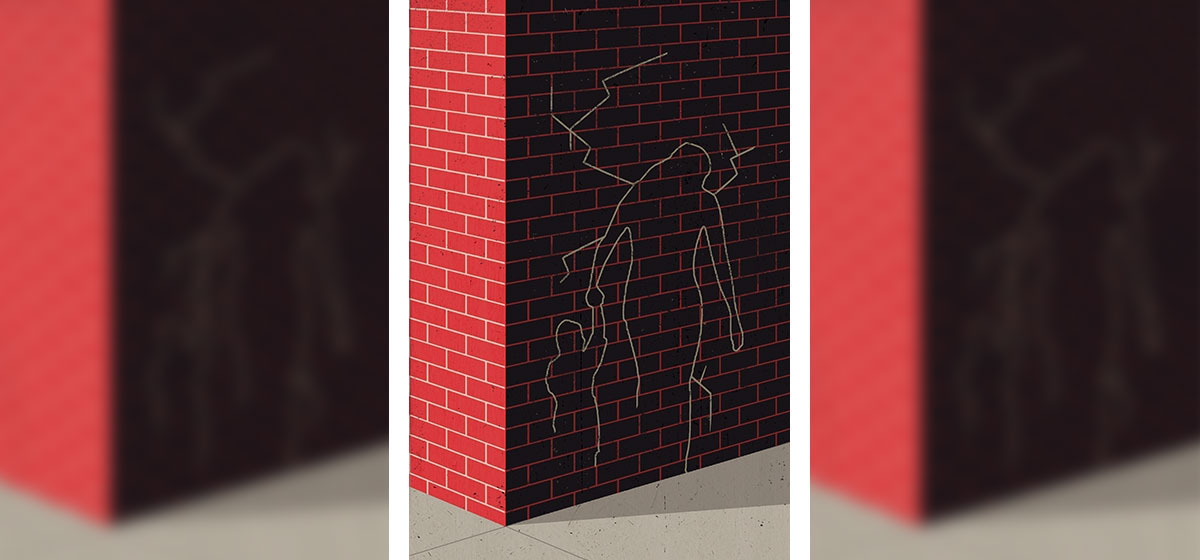The Trade Institute to benefit from #ONEDAY fundraising event
.jpg)
The Trade Institute of Pittsburgh's mission is to empower men and women with significant barriers to employment through skill building and career opportunities.
The Pittsburgh Foundations #ONEDAY Critical Needs online giving event is raising money to support organizations that provide basic needs for our neighbors in need. Since 2013, Critical Needs Alerts have raised nearly $12 million. Though communities are slowly recovering from the economic impacts of COVID, the need for food, housing, health care, child care and employment are greater than ever. The Trade Institute of Pittsburgh is among the organizations that will benefit from this year’s #ONEDAY online giving event, which takes place from 8 a.m. to 11:59 p.m. on Tuesday, Aug. 1 at www.PittsburghGives.org. All gifts over $25 will be increased with funds from the $550,000 incentive pool. The Foundation spoke with Trade Institute’s executive director, Donta Green, and Job Developer Howard Horsley about the organization’s work and how #ONEDAY will help.
What is The Trade Institute of Pittsburgh and how do you help people?
“The Trade Institute of Pittsburgh is a nonprofit vocational life skills program that supports men and women with barriers to employment with life skills, supportive services and livable wage opportunities. Our priority is to serve people who were formerly incarcerated. 65% of the people we serve have some sort of criminal history.
We are much bigger than a trade program. We take a comprehensive approach in getting people from where they are today to a living wage with career opportunities. Few organizations look at workforce development that way. It takes more than hard skills to get our most vulnerable neighbors to a livable wage and career. Supportive services are provided for a lifetime. If our lights are on and our doors are open, our graduates can come and receive those resources. We train people in masonry, carpentry and more importantly they learn now to be good employees. We provide vocational training, but support and life skills are our secret sauce. We also provide counseling, financial literacy and whatever else our students need to not only get a job but sustain a job long-term.”
Tell us more about the training you provide.
“We have an 11-week program focused on masonry. We get a lot of students who want to go into construction, and we teach them those skills. About 20% of our graduates go into masonry. We also offer carpentry training with the goal of getting our graduates placements with a kitchen/bath remodeling company or with a union to keep those folks in that field. The other 80% learn to be painters, tile setters and we have a partnership with a car dealership for entry-level mechanics. Our goal is to fill out their skills and aptitude, what they are interested in doing and then find the perfect match for placement.”
What are some of the barriers your students face?
“Transportation is a big barrier, but we provide transportation services. We also provide mental health, drug and alcohol counseling, which are also frequent barriers for our students and people in general.”
Tell us about the dreams that your clients and their families have?
“Our students are the most resilient, intelligent people that I have ever met. I have been in a lot of different spaces. Some have been trying to survive for a long time just to get to a place where they are not struggling anymore. We help them get to a place where they can begin to dream, and not worry about their next meal and/or where they are going to live.
Over our 11 weeks, we gave them the space to think about where their lives could be five or 10 years from now. Many want to be business owners, raise their kids, reunite with their kids and get a second or third opportunity to be fathers to their kids. Women are looking for opportunity to provide the life they wish they had to their kids. Our students want to be stable, safe and eventually provide for their family and even repair old relationships.”
What will ONEDAY mean for you?
“Donations will continue to allow us to provide these services and support our students how they need to be supported. To address small issues, like car breakdowns and rent payment will allow us to help people go from surviving to thriving.”


